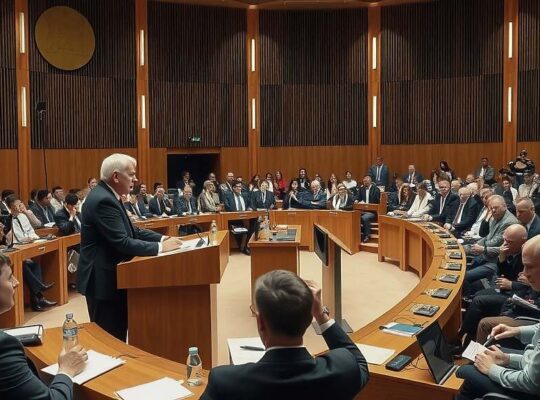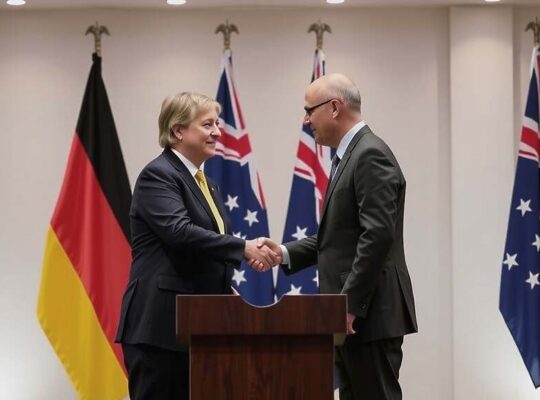The German government’s drug commissioner, Hendrik Streeck of the Christian Democratic Union (CDU), has ignited a debate surrounding alcohol consumption in Germany, acknowledging its deeply ingrained cultural significance while simultaneously cautioning against a permissive attitude. In remarks published Thursday, Streeck emphasized that alcohol holds a near-ubiquitous presence within German society, citing traditions like shooting festivals, Oktoberfest celebrations and casual social gatherings centered around wine. However, he stressed that this pervasive inclusion has become a significant issue.
Streeck reiterated his call for the abolition of “accompanied drinking” a practice currently allowing parents to supervise alcohol consumption by adolescents as young as 14. He argued the inherent assumption that parental presence mitigates risk is fundamentally flawed. “Alcohol does not become healthier simply because parents are present” he stated, adding that ending the practice would send a crucial signal regarding the substance’s potential dangers. Drawing attention to the physiological impact, Streeck characterized alcohol as a “cellular poison” capable of inflicting damage to numerous vital organs, asserting that delaying initial exposure is paramount for young people.
While rejecting blanket prohibitions, Streeck championed a strategy centered on incremental and targeted measures designed to elevate public awareness of the associated risks. He dismissed the efficacy of sweeping gestures in favor of consistent reminders of alcohol’s detrimental health effects, positioning the elimination of accompanied drinking as a crucial step toward fostering greater responsibility.
Furthermore, Streeck pointed to taxation as a potentially powerful instrument for curtailing consumption, suggesting that increased alcohol taxes could deliver tangible health benefits. However, he conceded that implementing such a policy necessitates securing broader political consensus and, critically, requires public buy-in. “It’s not about paternalism, but about protection – and about responsibility” he concluded, underscoring the delicate balance between acknowledging cultural norms and prioritizing public health concerns within Germany.












